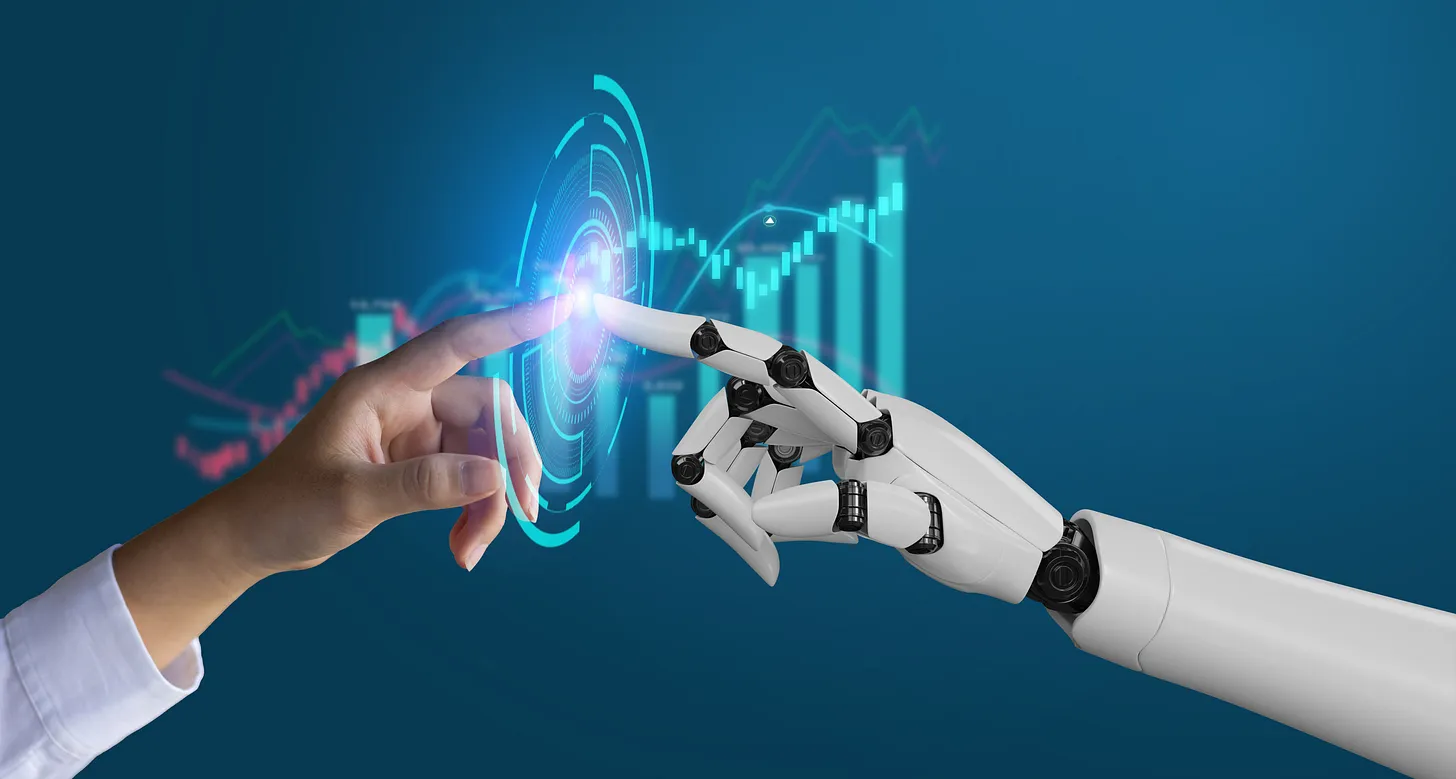One day last week, a notification popped up on my Facebook page: “We removed your content. See why.” It had that foreboding hazard-icon with the exclamation mark.
Removed? Me? Actually, there were two notifications: one for my personal page and one for the JEWDICIOUS page. On each, I’d shared a new article by one of our writers, Ross Marks, about how Jewish visionaries created Hollywood and the film industry.
That notification got me thinking anew about the critical value of context in a Western culture that is simultaneously at its zenith in terms of access to real-time media — as well as new sensitivities to certain words and phrases in the English language.
The content of the actual post was an image of the article that our publishing platform, Substack, had provided to us — and a one-sentence tease about it. You can see the post below as it appeared on FB.

When we published the actual article, I knew that the title “Jews and Hollywood” could be provocative — that’s part and parcel of what we do as opinion journalists. But never did I imagine that the simple combination of those two nouns would be deleted by Facebook’s admin. The article itself was a positive historical perspective. In fact, we spelled it out in the subhead:
“How a People Shut Out of American Business Created an Industry that Changed History”
When I clicked on the “See why” in the removal notification, I was taken to a page that announced that posts are taken down if “a group goes against our community standards.” That sentence was linked to Meta’s Community Standards page, where I learned that FB may flag any content that: “requires additional information or context to enforce on…”
At this point, I wondered why the post that Ross put up — and the one that we placed on Instagram — were both still live. When I looked a little closer, I noticed that each of them included the subhead of the article. Eureka! Context.
I couldn’t be upset with Facebook. The only fair conclusion to be drawn was that the platform erred on the side of caution — likely because its A.I. technology was what flagged the post and made the decision. Not a person.
A few hours later, coincidentally, I was tagged on a post that urged all social media users to push companies to:
“do more to stop anti-Semitism and hate on their platforms. Whether you’re an ally or Jewish yourself, this is a problem for everyone.”

Ironically, that’s what FB was trying to do when it pulled down our post! Or, rather, when its A.I. pulled us down…
That night, prompted by the photo of Ross with Edward James Olmos and George Lopez, I looked up some of Lopez’s stand-up comedy. I was never a big fan, but he’s always had a large following. His act features a lot of ethnic jokes, and it even led to an angry incident between he and two audience members in 2017. Three years later, in 2020, Lopez did a fresh special on Netflix that was intentionally far less aggressive.
I don’t generally judge comics who do ethnic jokes, because it’s all about context. Who’s telling the joke? What’s the premise? How relatable is it? The fact that an entertainer is putting the joke out there publicly in the first place — and is betting that the audience will see the charm in their perspective — that’s context.
But when these kinds of jokes are made in smaller settings, that’s when it gets far trickier. When I was in my 20s and I would hear someone say something I perceived to be a racial pejorative, I would summarily rip them. Age and experience have taught me to consider the context.
Recently, I was playing golf with a newer friend who’s not Jewish. He reads my stuff and knows my background. So when he made a spontaneous joke about a Jewish stereotype — just to me — I was not offended. I have enough of an affinity and trust for this friend that I believe he meant no harm. In fact, I think that dropping the line on me was his way of confirming that our friendship had reached that stage. Context.
Not long after that, a Jewish friend of mine shared an experience that was the diametrical opposite. Michelle works as a flight attendant, and on a recent flight, a colleague of hers complained about the stuffy condition on the plane:
“I’m hotter than a Jew in an oven!”
My jaw dropped, as had Michelle’s. Horrified, she calmly confronted the coworker, asking why he would say something like that? He answered that he’d heard another attendant say it, whom he thought was Jewish.
I don’t know any Jews who would use that term; in fact, I’ve never heard it before. And I can’t think of a context that would make it sound any more acceptable for anyone to utter.
But once Michelle explained to this person why the expression was incredibly offensive, he got it. In fact, the two of them ended up becoming friends. Once she understood the context of his ignorance — and got to know him better — she came to believe that he did not originally intend any ill.
To be clear, there are no excuses for people who are simply jerks and say ugly things. But when I hear that stuff now, I have the capacity to decide: 1) Whether it’s offensive in light of any relevant context, and; 2) Whether the person is actually worth calling out and educating.
This is the essential difference between decisions that get made by human beings versus those that are adjudicated by machines. No matter how advanced a software program or algorithm becomes, it cannot feel things. It cannot take into consideration important context in the same way that we can.
Facebook’s “cancellation” of the JEWDICIOUS post, while seemingly well-intentioned, reminded me of just how much our judgment as individuals matters in the personal exchanges we encounter every day.
There are times when our instantaneously gut-driven reactions are right on the money, and times when they are not. Accordingly, it is almost always a good idea to pause for a moment — and consider the context.


